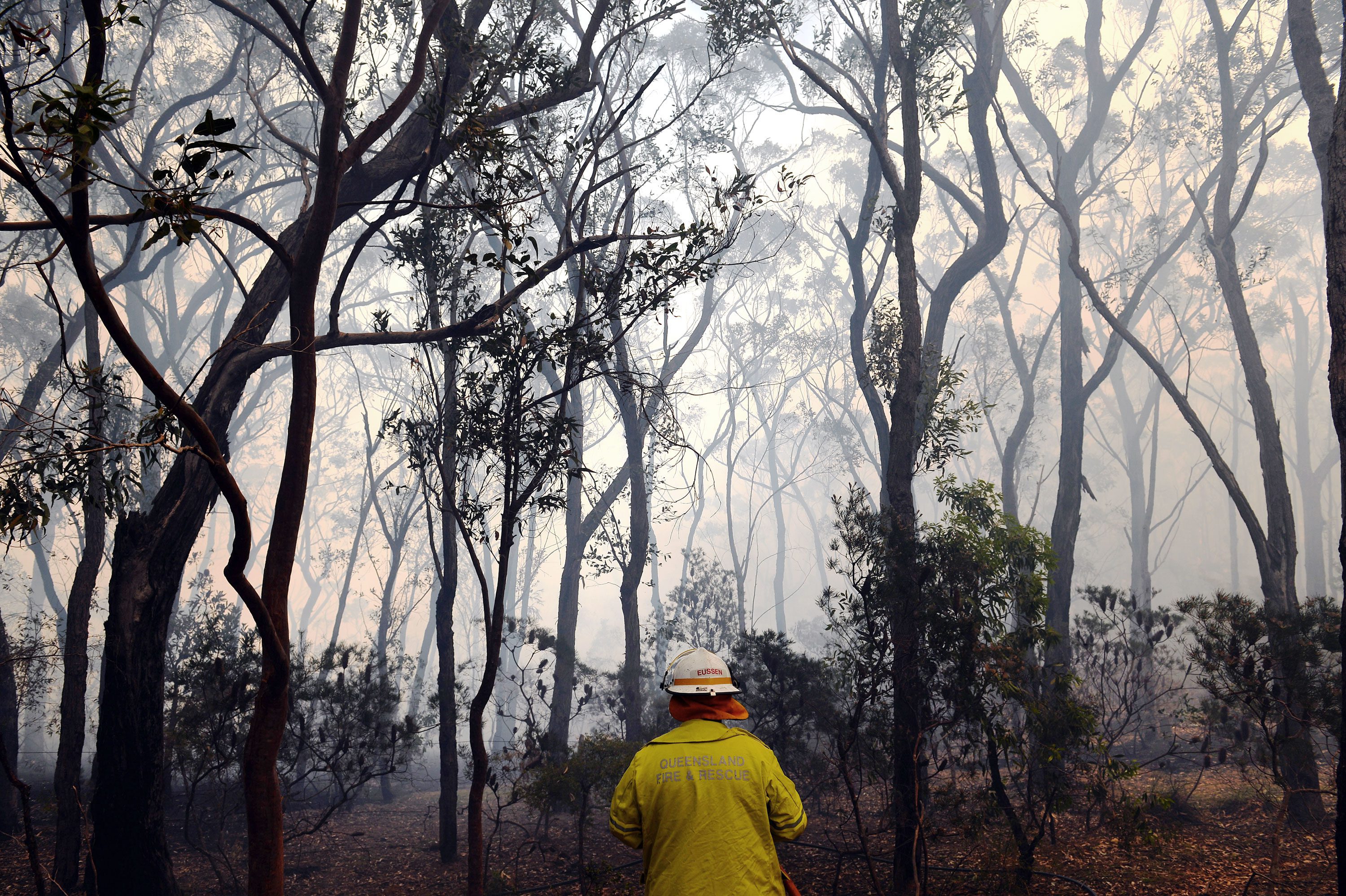The Download: what to expect in AI in 2024
This is today’s edition of The Download, our weekday newsletter that provides a daily dose of what’s going on in the world of technology.
AI for everything: 10 Breakthrough Technologies 2024
When OpenAI launched ChatGPT in November 2022, nobody knew what was coming. But that low-key release changed everything, and by January, ChatGPT had become the fastest-growing web app ever.
That was only the beginning. In February, Microsoft and Google revealed rival plans to combine chatbots with search—plans that reimagined our daily interactions with the internet. And while early demos weren’t great, the genie wasn’t going back in its bottle.
Never has such radical new technology gone from experimental prototype to consumer product so fast and at such scale. And what’s clear is that we haven’t even begun to make sense of it all, let alone reckon with its impact. Read the full story.
—Will Douglas Heaven
AI for everything is one of MIT Technology Review’s 10 Breakthrough Technologies for 2024. Check out the rest of the list and vote for the final 11th breakthrough—we’ll reveal the winner in April.
+ If you’re interested in learning more, check out Will’s story on the six big questions that will dictate the future of generative AI, for better or worse.
What to expect from the coming year in AI
Looking to the year ahead, all signs point to there being immense pressure on AI companies to show that generative AI can make money and that Silicon Valley can produce the “killer app” for AI.
This year will also be another huge year for AI regulation around the world. In 2023 the first sweeping AI law was agreed upon in the European Union, Senate hearings and executive orders unfolded in the US, and China introduced specific rules for algorithms. If last year lawmakers agreed on a vision, 2024 will be the year policies start to morph into concrete action.
But even as the generative-AI revolution unfolds at a breakneck pace, there are still some big unresolved questions that urgently need answering. Read the full story.
—Melissa Heikkilä
This story is from The Algorithm, our weekly newsletter covering the latest AI developments. Sign up to receive it in your inbox every Monday.
The must-reads
I’ve combed the internet to find you today’s most fun/important/scary/fascinating stories about technology.
1 We’ve finally got a release date for Apple’s Vision Pro headset
If you’ve got $3,499 spare, mark February 2 in your diary. (The Verge)
+ Apple is training its retail staff on how to demo the headset correctly. (Bloomberg $)
+ These minuscule pixels are poised to take augmented reality by storm. (MIT Technology Review)
2 Things aren’t looking great for the Peregrine lunar lander
A fuel leak means it’s highly unlikely to make it to the moon after all. (WP $)
+ It started experiencing difficulty just hours after launch. (FT $)
+ The US company in charge is worried it won’t be able to control it much longer. (BBC)
3 The OpenAI and New York Times lawsuit is getting ugly
The AI company has accused the newspaper of not “telling the full story.” (FT $)
+ The Times is the first major US media organization to sue OpenAI. (NYT $)
+ How judges, not politicians, could dictate America’s AI rules. (MIT Technology Review)
4 China claims to have cracked Apple’s AirDrop feature
To reveal the phone numbers and email addresses of previously-anonymous senders. (Bloomberg $)
5 Our skies are chock-full of satellites
And they’re both a blessing and burden to astronomers back on Earth. (NYT $)
+ Amazon and SpaceX are head to head in a battle for satellite internet dominance. (MIT Technology Review)
6 Your body’s cells communicate with each other about aging
When they no longer talk to each other, the body starts to decline. (Quanta Magazine)
+ The debate over whether aging is a disease rages on. (MIT Technology Review)
7 What isn’t plant-based these days?
Cynics might say it’s an easy way for companies to bump up prices. (The Atlantic $)
8 A major fantasy games publisher was caught out using AI-generated content 
The Magic: The Gathering maker had originally denied any generative involvement. (Motherboard)
+ This artist is dominating AI-generated art. And he’s not happy about it. (MIT Technology Review)
9 It’s not just you—dating apps really are getting worse
And users are ditching them in favor of IRL serendipity. (Bustle)
+ Looking for love on the apps is getting more and more expensive. (FT $)
10 Vinted wants to make secondhand clothing our first choice 


No seller fees and fiddling around with postage, for starters. (The Guardian)
Quote of the day
“We can be confident we haven’t seen a warmer year globally since the birth of Christ.”
—Professor Piers Forster, interim chair of the UK’s Climate Change Committee, reflects on 2023 being named as the hottest year on record, Sky News reports.
The big story
Computer scientists designing the future can’t agree on what privacy means



April 2023
When computer science students and faculty at Carnegie Mellon University’s Institute for Software Research returned to campus in the summer of 2020, there was a lot to adjust to.
The department had moved into a brand-new building, complete with experimental devices called Mites. Embedded in more than 300 locations throughout the building, these light-switch-size devices measure 12 types of data—including motion and sound.
The Mites had been installed as part of a research project on smart buildings, and were quickly met with resistance from students and faculty who felt the devices would subject them to experimental surveillance without their consent.
The conflict has deteriorated into a bitter dispute, complete with accusations of bullying, vandalism, misinformation, and workplace retaliation. Read the full story.
—Eileen Guo & Tate Ryan-Mosley
We can still have nice things
A place for comfort, fun and distraction in these weird times. (Got any ideas? Drop me a line or tweet ’em at me.)
+ I’d just love a helpful tidy mouse companion. 


+ This Instagram account is a celebration of all kinds of jelly, and a thing of beauty.
+ The trick to making even the cheapest coffee beans taste better? It’s all in the tamping.
+ Happy birthday to Jimmy Page—80 years old today!
+ Man, they just don’t make choose your own adventures like they used to.























